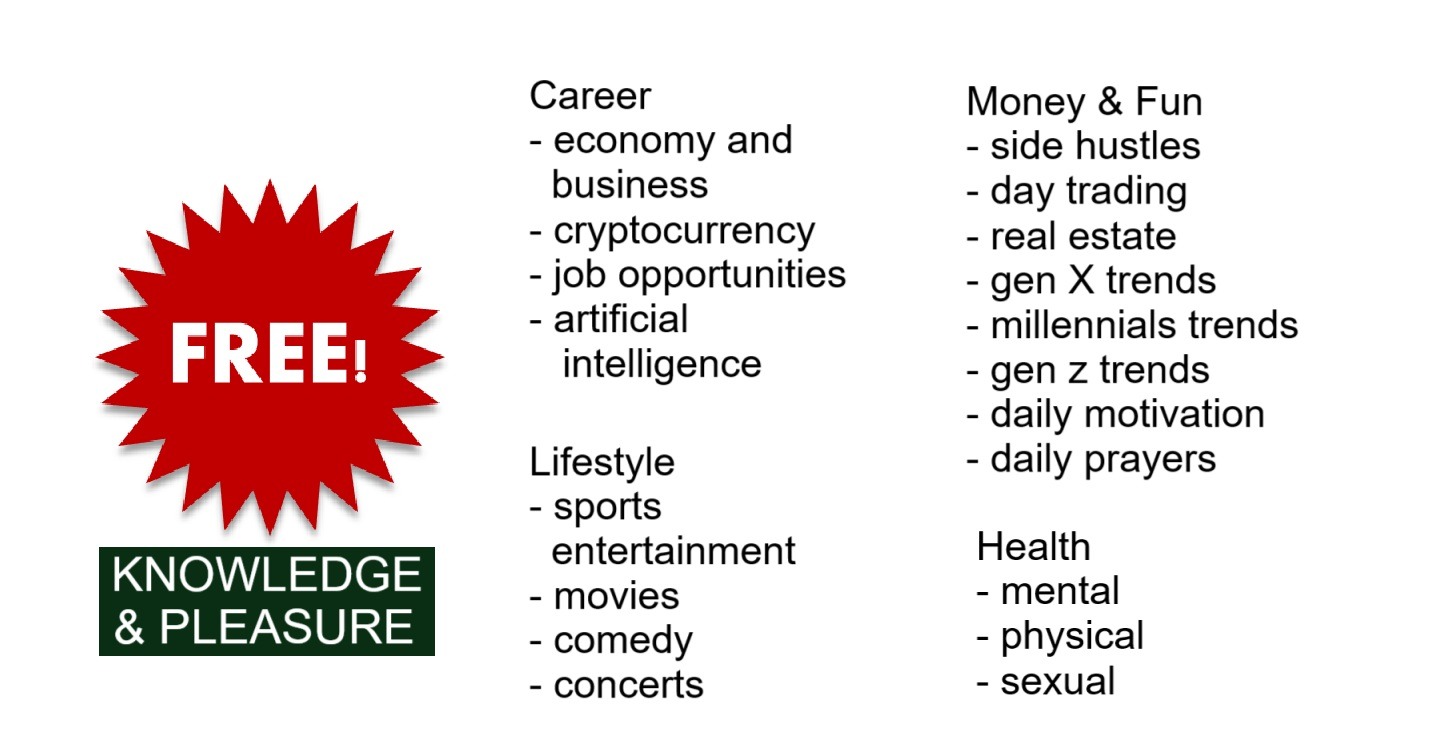Last Updated on April 17, 2025 by Royce Pierpont
Introduction
Abbott Laboratories is a diversified healthcare company that discovers, develops, manufactures, and markets a broad range of healthcare products. Founded in 1888, Abbott has a long history of innovation and a global presence, operating in over 160 countries. This SWOT analysis provides a comprehensive overview of Abbott’s internal strengths and weaknesses, as well as external opportunities and threats, offering valuable insights for marketers, researchers, and anyone interested in the healthcare industry.
Strengths
- Diversified Product Portfolio: Abbott boasts a wide-ranging portfolio that spans various healthcare segments, including diagnostics, medical devices, nutritionals, and branded generic pharmaceuticals. This diversification reduces the company’s reliance on any single product or market, providing stability and resilience against market fluctuations and competitive pressures. The ability to cater to different healthcare needs across various demographics strengthens Abbott’s market position and minimizes risks associated with specific product cycles or regulatory changes.
- Strong Brand Recognition: Abbott has cultivated a strong and trusted brand reputation over its long history. The brand is synonymous with quality, reliability, and innovation, which enhances customer loyalty and provides a competitive edge in the marketplace. A well-established brand reduces marketing costs and facilitates the introduction of new products, as consumers are more likely to trust and adopt offerings from a reputable company. This brand equity is a valuable asset that supports Abbott’s growth and sustainability.
- Extensive Global Presence: Operating in over 160 countries, Abbott has a significant global footprint. This extensive reach allows the company to tap into diverse markets, leverage economies of scale, and mitigate risks associated with regional economic downturns or regulatory changes. A global presence also provides opportunities for cross-cultural learning and adaptation, enabling Abbott to tailor its products and strategies to meet local needs effectively.
- Robust R&D Capabilities: Abbott invests heavily in research and development (R&D), fostering a culture of innovation and ensuring a continuous stream of new products and technologies. This commitment to R&D enables Abbott to stay ahead of the competition, meet evolving customer needs, and address emerging healthcare challenges. Strong R&D capabilities also support the development of proprietary technologies, which can provide a competitive advantage and enhance profitability.
- Strategic Acquisitions and Partnerships: Abbott has a proven track record of successful acquisitions and partnerships, which have expanded its product portfolio, geographic reach, and technological capabilities. These strategic moves enable Abbott to enter new markets, acquire complementary products and technologies, and leverage the expertise of other companies. Effective integration of acquired businesses is crucial for realizing synergies and maximizing the value of these investments.
Weaknesses
- Dependence on Key Products: While Abbott has a diversified portfolio, it still relies on certain key products for a significant portion of its revenue. This dependence creates vulnerability to competition, patent expirations, and regulatory changes that could impact the sales of these key products. A balanced revenue stream across a broader range of products would mitigate this risk and enhance the company’s overall stability.
- Exposure to Regulatory Risks: As a healthcare company, Abbott is subject to extensive and complex regulations across different countries. These regulations can impact product development, manufacturing, marketing, and sales, increasing compliance costs and potentially delaying or preventing the approval of new products. Navigating the regulatory landscape requires significant resources and expertise, and any failure to comply can result in fines, penalties, and reputational damage.
- Pricing Pressures: The healthcare industry is facing increasing pricing pressures from governments, insurers, and consumers, particularly for pharmaceutical products. These pressures can erode profit margins and limit Abbott’s ability to invest in R&D and other growth initiatives. Developing innovative pricing strategies and demonstrating the value of its products are essential for mitigating the impact of pricing pressures.
- Supply Chain Vulnerabilities: Abbott’s global supply chain is susceptible to disruptions caused by geopolitical events, natural disasters, and other unforeseen circumstances. These disruptions can impact production, distribution, and sales, leading to revenue losses and reputational damage. Diversifying the supply chain and implementing robust risk management strategies are crucial for mitigating these vulnerabilities.
- Product Recalls and Safety Concerns: As with any healthcare company, Abbott faces the risk of product recalls and safety concerns. These incidents can damage the company’s reputation, erode customer trust, and result in significant financial losses. Implementing stringent quality control measures and maintaining open communication with regulators and customers are essential for minimizing the risk and impact of product recalls and safety concerns.
Opportunities
- Growth in Emerging Markets: Emerging markets offer significant growth opportunities for Abbott due to their large populations, increasing healthcare spending, and unmet medical needs. Expanding its presence in these markets can drive revenue growth and diversify Abbott’s geographic footprint. Tailoring products and strategies to meet the specific needs of these markets is essential for success.
- Aging Global Population: The global population is aging, leading to an increased prevalence of age-related diseases and a greater demand for healthcare products and services. Abbott is well-positioned to capitalize on this trend with its portfolio of diagnostics, medical devices, and nutritional products. Developing innovative solutions to address the healthcare needs of the aging population can drive growth and enhance the company’s market position.
- Technological Advancements: Technological advancements, such as artificial intelligence, big data, and personalized medicine, are transforming the healthcare industry. Abbott can leverage these technologies to develop innovative products and services, improve patient outcomes, and enhance operational efficiency. Investing in digital health solutions and leveraging data analytics can provide a competitive advantage and drive growth.
- Expanding Diagnostic Capabilities: Diagnostics play a crucial role in early disease detection, treatment monitoring, and personalized medicine. Abbott can expand its diagnostic capabilities by developing new tests and platforms that address unmet needs and improve patient outcomes. Focusing on point-of-care diagnostics and molecular diagnostics can drive growth and enhance the company’s market position.
- Strategic Partnerships and Collaborations: Abbott can pursue strategic partnerships and collaborations with other companies, research institutions, and healthcare providers to expand its product portfolio, access new technologies, and enter new markets. These collaborations can accelerate innovation, reduce R&D costs, and enhance the company’s competitive position.
Threats
- Intense Competition: The healthcare industry is highly competitive, with numerous companies vying for market share. Abbott faces competition from both large, diversified healthcare companies and smaller, specialized players. Maintaining a competitive edge requires continuous innovation, effective marketing, and strong customer relationships.
- Patent Expirations: Patent expirations can lead to generic competition, which can significantly erode the sales of branded pharmaceutical products. Abbott must proactively manage its patent portfolio and develop new products to offset the impact of patent expirations. Investing in R&D and pursuing lifecycle management strategies can help mitigate this threat.
- Economic Downturns: Economic downturns can reduce healthcare spending and impact demand for Abbott’s products and services. Economic uncertainty can also lead to currency fluctuations and other financial risks. Diversifying its geographic footprint and developing cost-effective solutions can help mitigate the impact of economic downturns.
- Changing Healthcare Policies: Changes in healthcare policies, such as reimbursement rates and regulatory requirements, can impact Abbott’s business. Staying informed about policy changes and adapting its strategies accordingly is essential for navigating the evolving healthcare landscape. Engaging with policymakers and advocating for favorable policies can also help mitigate this threat.
- Cybersecurity Risks: As a healthcare company, Abbott is vulnerable to cybersecurity risks, including data breaches and ransomware attacks. These incidents can compromise sensitive patient data, disrupt operations, and damage the company’s reputation. Investing in robust cybersecurity measures and implementing effective data protection policies are crucial for mitigating these risks.
Conclusion
Abbott Laboratories exhibits a strong and diversified profile with numerous strengths that support its market position and growth potential. However, the company also faces certain weaknesses and external threats that require careful management. By leveraging its strengths, capitalizing on opportunities, and mitigating threats, Abbott can continue to thrive in the dynamic healthcare industry and deliver value to its stakeholders. This SWOT analysis provides a foundation for strategic decision-making and further exploration of Abbott’s business environment.









